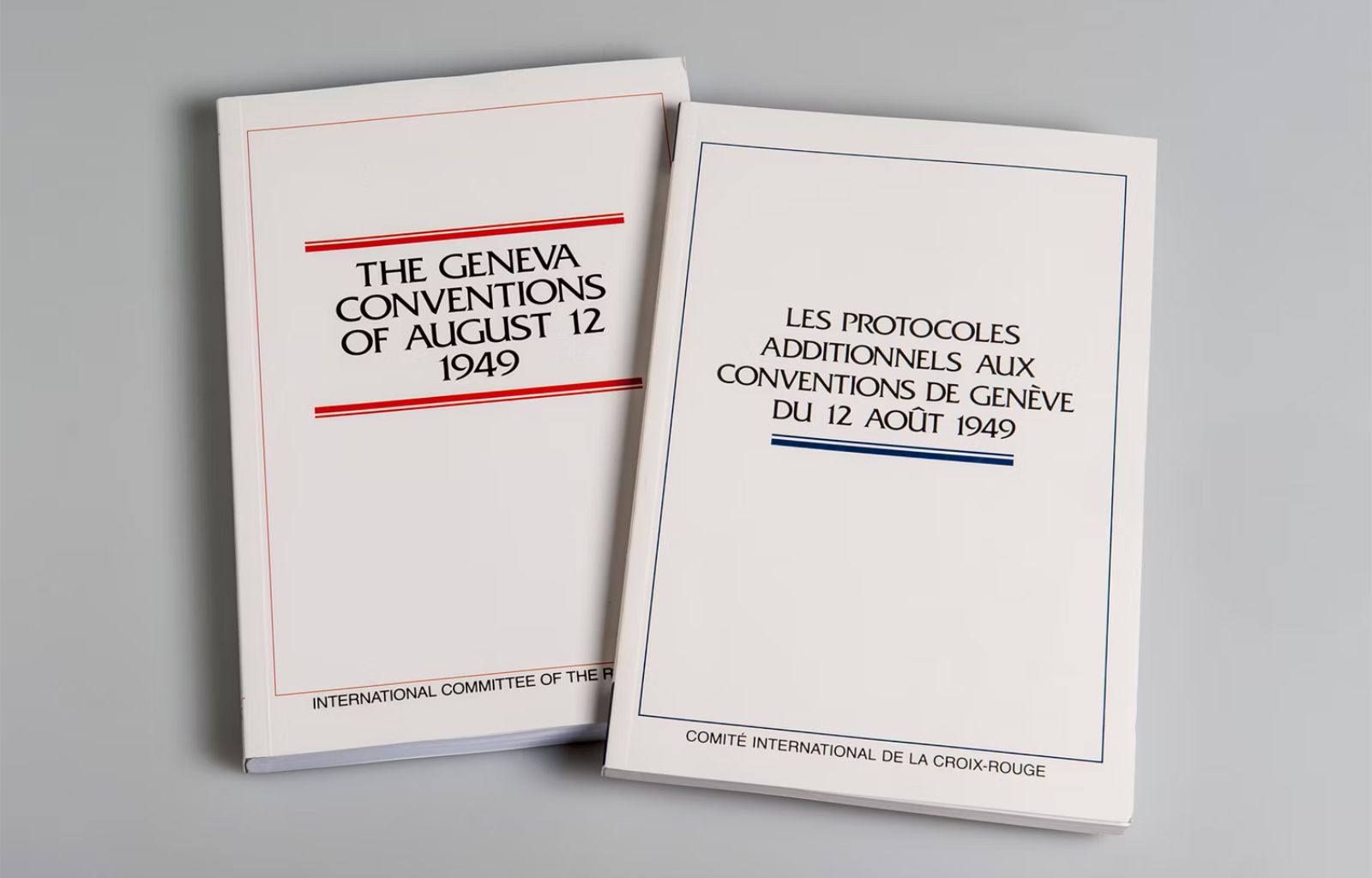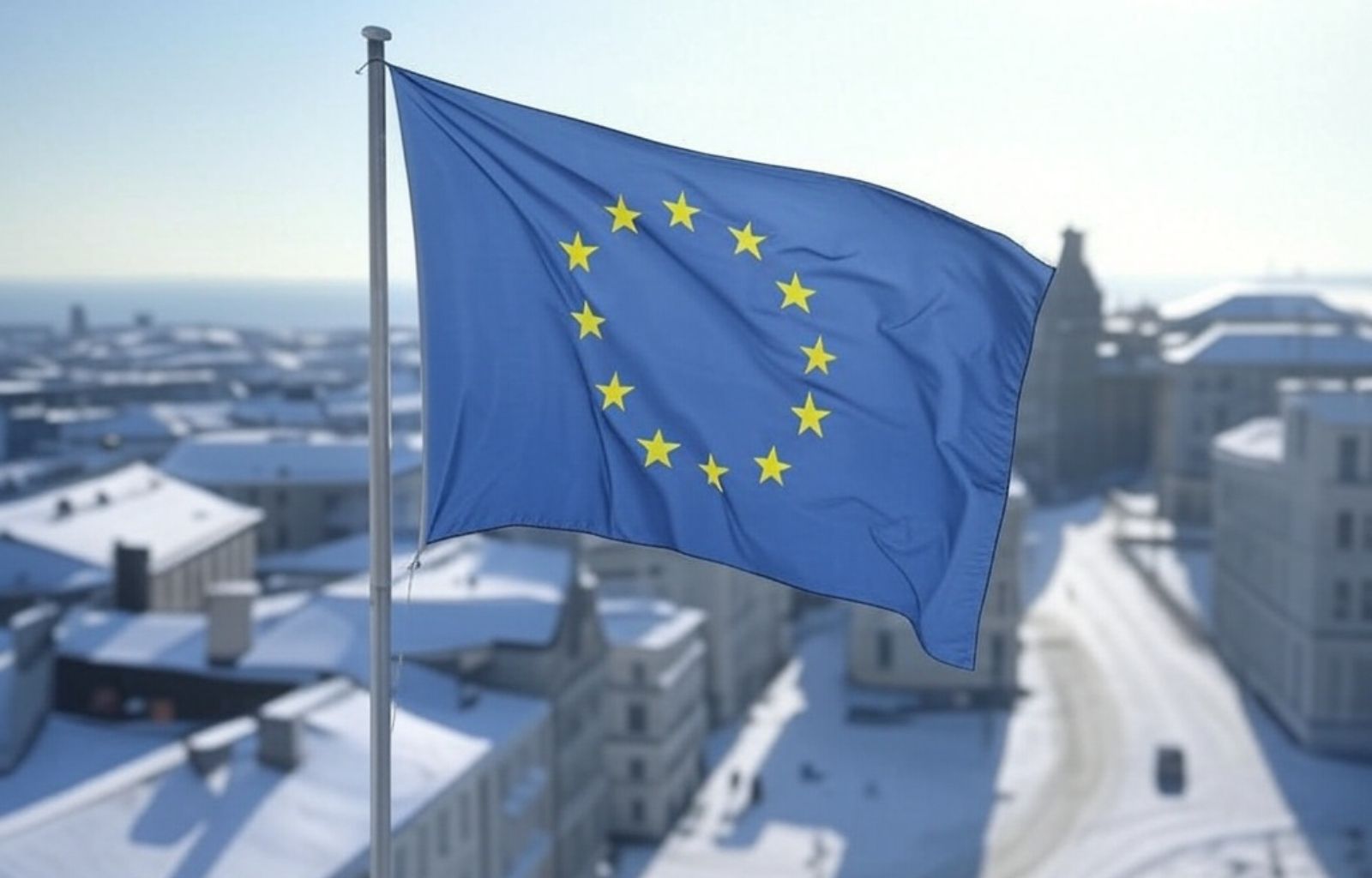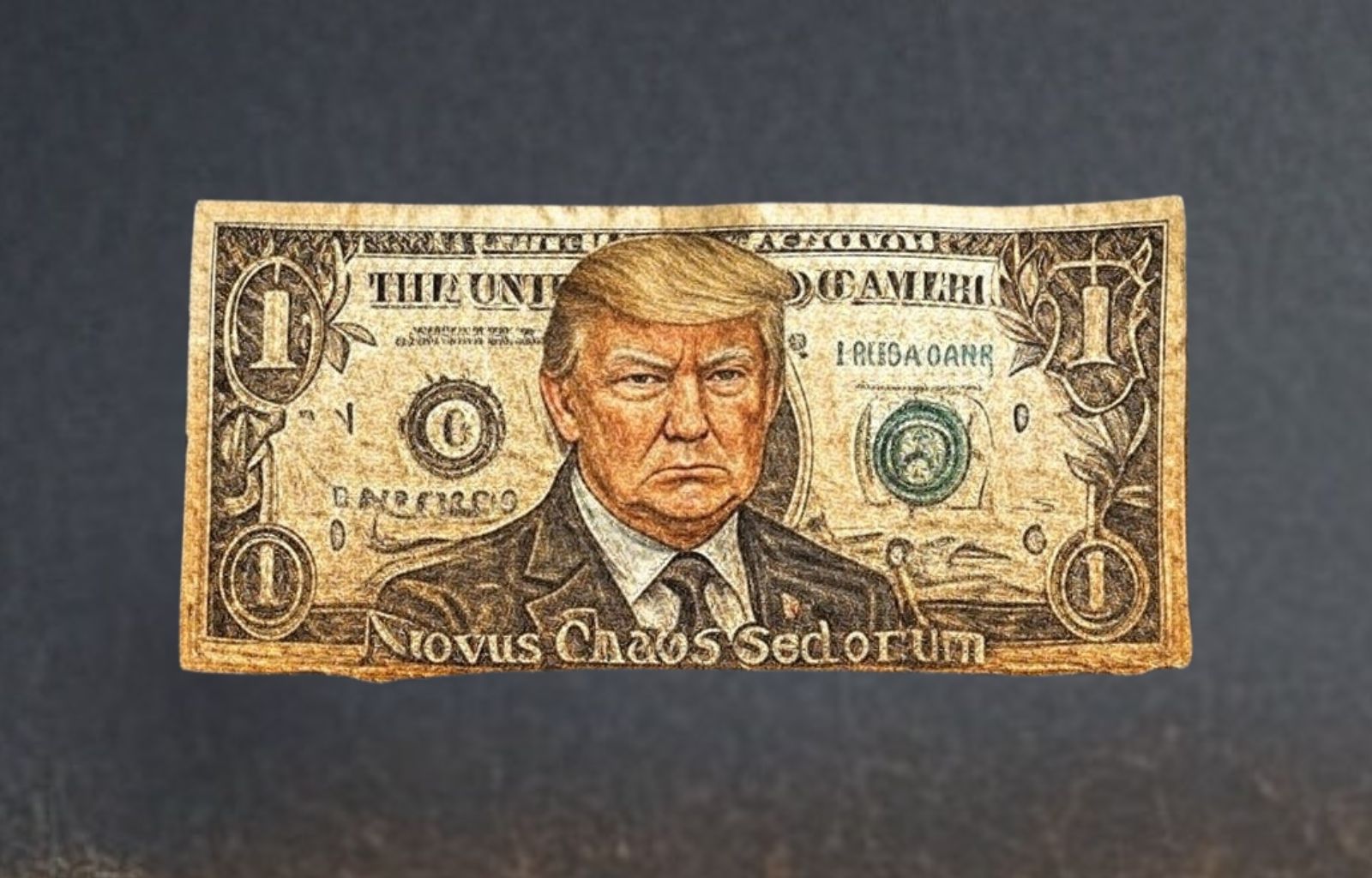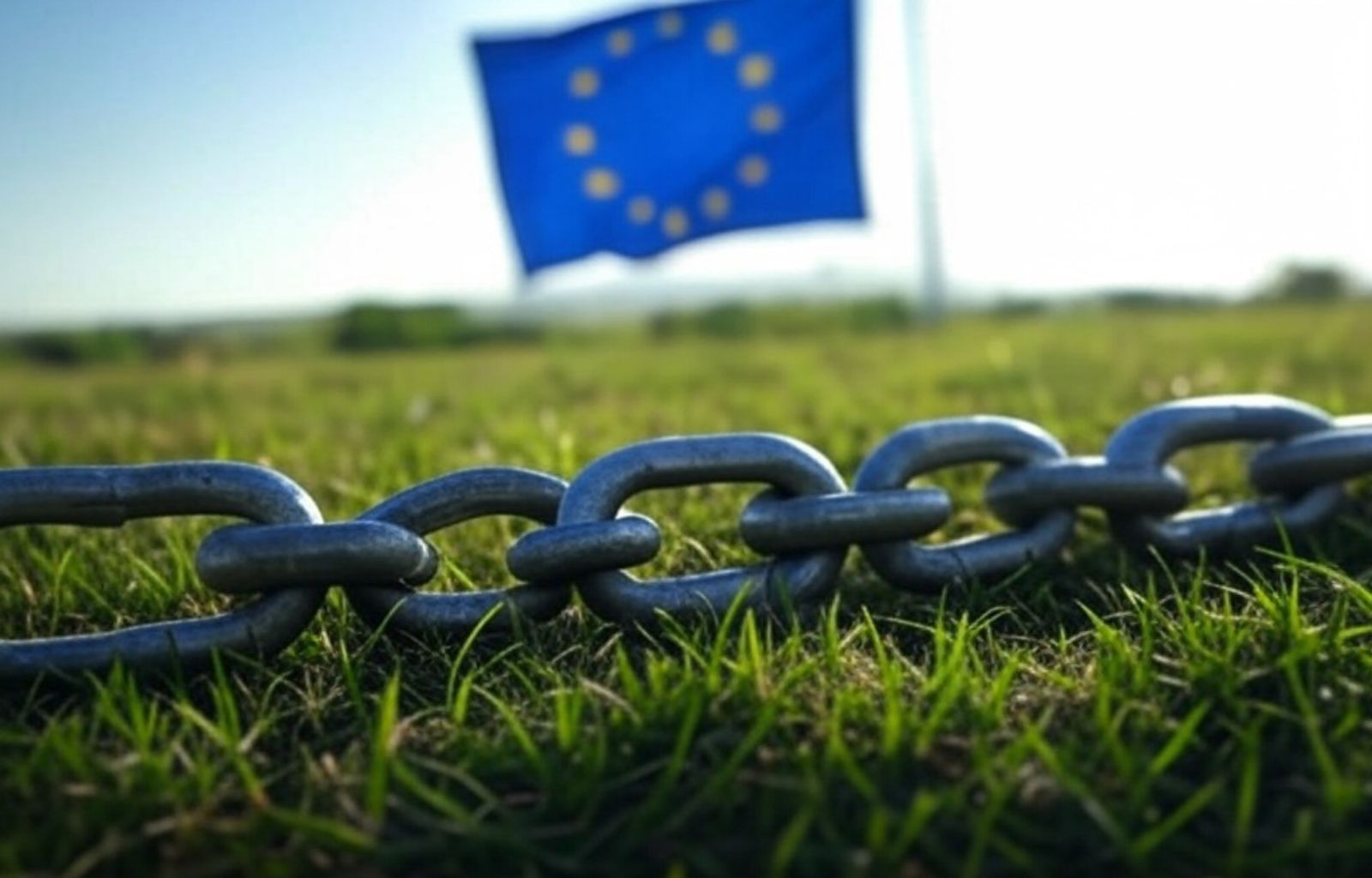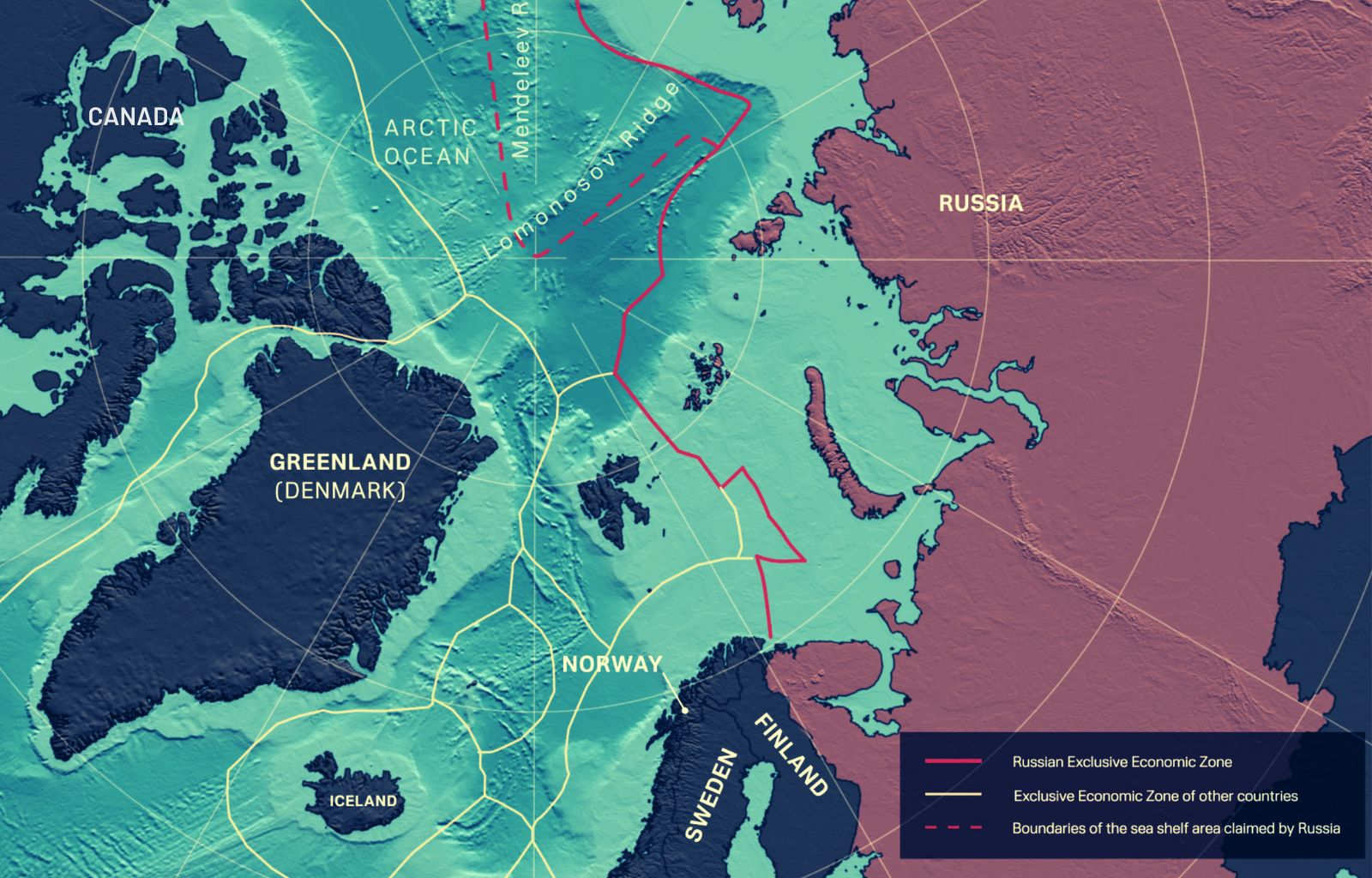Europe as a nation, the challenge of Islam and the identity of us Athenians: our dialogue with Gianfranco Fini
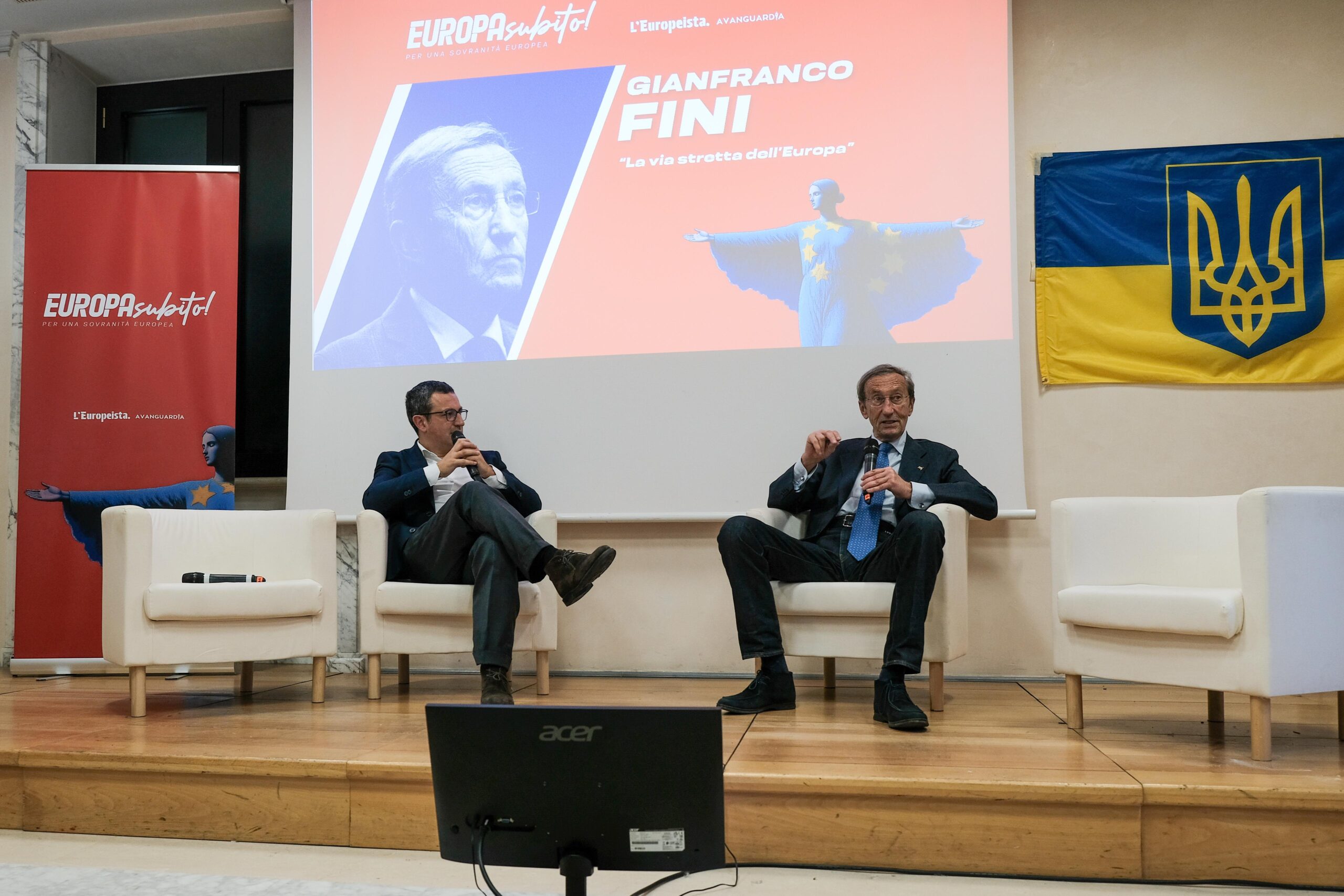
When we invited Gianfranco Fini to speak at our ‘Europe Now’ conference , we knew it would not be just any old meeting. Not only for the political prominence of the guest, but for his ability – rare today – to link institutional memory, cultural lucidity and depth of perspective. And so it was. More than just an interview, Fini offered us a lesson on the destiny of what – to use his words – ‘we used to call Europe a nation‘.
The search for a European identity, from the Convention to today
The former President of the Chamber of Deputies returned to a point that has accompanied him for years: the cultural identity of Europe as an inalienable political foundation. And he did so unambiguously, recalling his commitment within the European Convention – to which he was called as representative of the Italian government – to include a reference to Judeo-Christian roots in the preamble of what was to be the European Constitution.
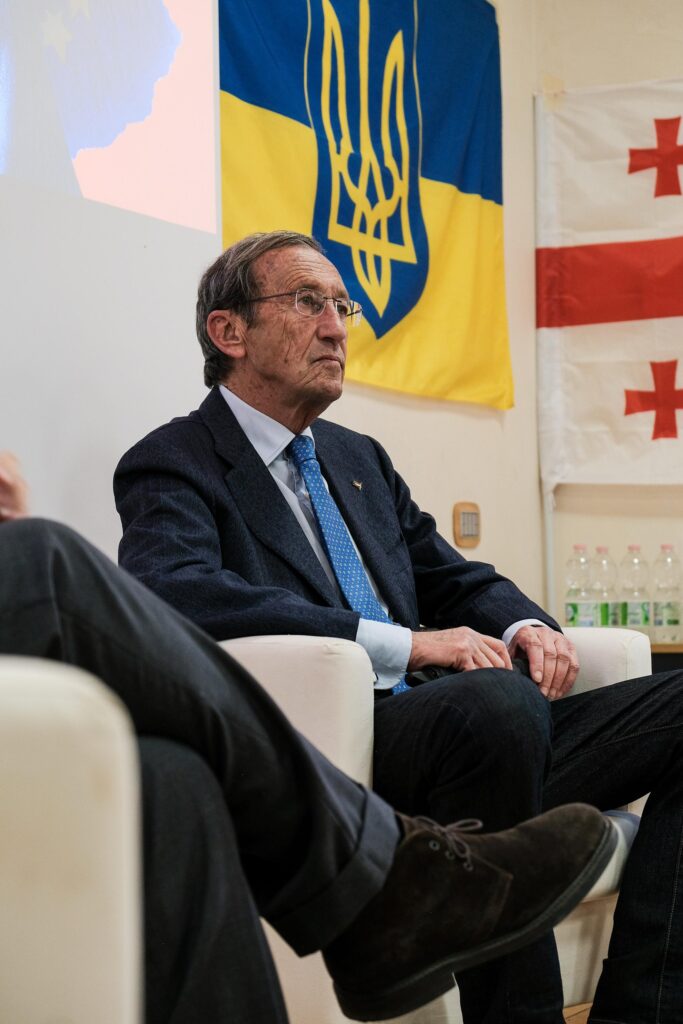
‘That to the Judeo-Christian roots was not a confessional reference,’ commented Fini, ‘ but a cultural one. As a layman, I say that the Europe of cathedrals and synagogues is our history‘.
A history that today, he observed, is often absent in the integration paths of immigrants in our societies, and even more so in the life experience of the second generations of Muslims in Europe: an emptiness and loneliness that all too often, in the suburbs of continental metropolises, leaves room for alternative, when not radical, drifts of identity.
“The Muslim has the umma, ” Fini reminded us, ” which is the community of the faithful,” an all-embracing set of values and moral rules that imposes on the individual an absolute identification of the everyday with the religious. “The European even reads in the Bible that to Caesar must be given what is Caesar’s and to God what is God’s, the Muslim learns that beyond the Book there is nothing”. And, therefore, the great risk lurks in the interpretation of scripture, which can be more or less radical, more or less instrumentalised.
Civicism, education, citizenship: we need an ‘Athenian’ Europe
And what is the identity that we Europeans can offer to those who try with good will to integrate into our society? The sense of the State, the Republic and the Constitution, Fini argues, claiming the identity significance of that ‘secular religion’ that makes western democracies strong. As the founder of the Alleanza Nazionale speaks, I am reminded of the risks of weakening and tarnishing the rule of law that threaten our society, the rhetorical disdain for the separation of powers shouted by populists, Donald Trump’s ostentatious disregard for international law and the supranational order. What if it is precisely the rule of law – the primacy of law over the discretion of the powerful – that is the mark of our identity as Europeans? “We in Athens do that,” as Pericles put it.
In contemporary Athens, which is Europe, we must perhaps recover the sacredness of institutions. “I was among the first on the right to raise the issue of citizenship for immigrants, but it must not be reduced to a bureaucratic fact,” says Fini. In order to rediscover the pride of civic participation, the duty and responsibility associated with the right to citizenship, the former president of the Chamber of Deputies proposes introducing civic ceremonies for citizenship, European education courses, and the relaunch of public education as an instrument of social cohesion. More republican culture in short, not rhetoric.
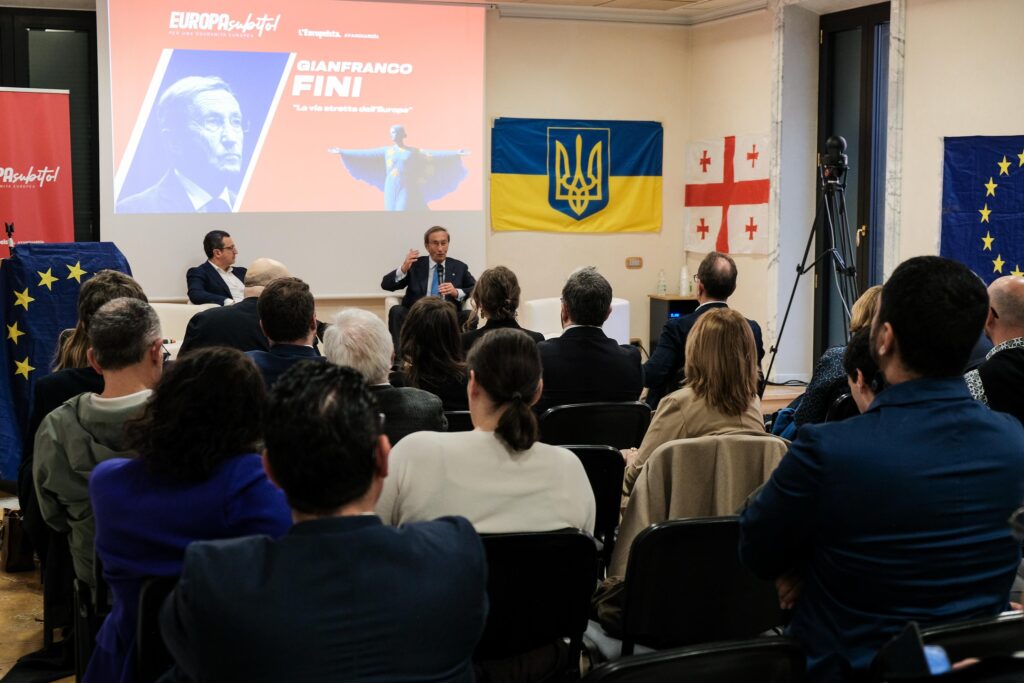
The Convention and the European Constitution missed
In the course of the interview, Gianfranco Fini devoted ample space to his experience in the Convention on the Future of Europe, the great institutional laboratory of the early 2000s that aimed to endow the European Union with a true political constitution. The goal was ambitious: to overcome the fragile architecture of the existing treaties and give Europe a single voice in foreign policy, a more recognisable common citizenship, and a more democratic and effective structure. “It was a visionary project, the result of compromises, but also of great political courage“.
The final text envisaged, among other things, the establishment of a European Minister of Foreign Affairs, the overcoming of the unanimity rule in several key areas.
After it was signed in Rome in 2004, however, the Constitution was rejected in popular referendums in France and the Netherlands, effectively sinking the project. However, Fini points out, many of its insights have been recovered in the Lisbon Treaty, such as the High Representative for Foreign Policy and the single legal personality of the EU. In short, the enormous work, symbolic force and identity value of that text were not lost, but rather germinated. Today, the unanimity rule remains a ballast for political Europe, but there is now a full and incontrovertible awareness that the future of European integration depends on overcoming it. “Right ideas do not die. Sometimes they come back under other names, in other contexts. But they come back‘.
Rearmament yes, but first of all moral
The phrase that marked the speech came at the end. Fini, responding to a question on European rearmament, specified: ‘Yes, we need to strengthen common defence. But before material rearmament, we need moral rearmament: dignity, awareness, the will to defend what we are‘. Firmly spoken words that drew a long spontaneous applause. The denunciation is of that certain Italian pacifism that – he said – ‘resembles surrender rather than peace‘.
A lesson in politics, and the future
Today, far from the spotlight of active politics, Fini showed that he has a lot to say. His was a political speech in the highest sense, a reflection on what it means to be European today and what we risk losing if we stop believing in it.
“Europe is the best political project of modernity. And it deserves to be defended: with ideas, with memory, with a voice‘.

